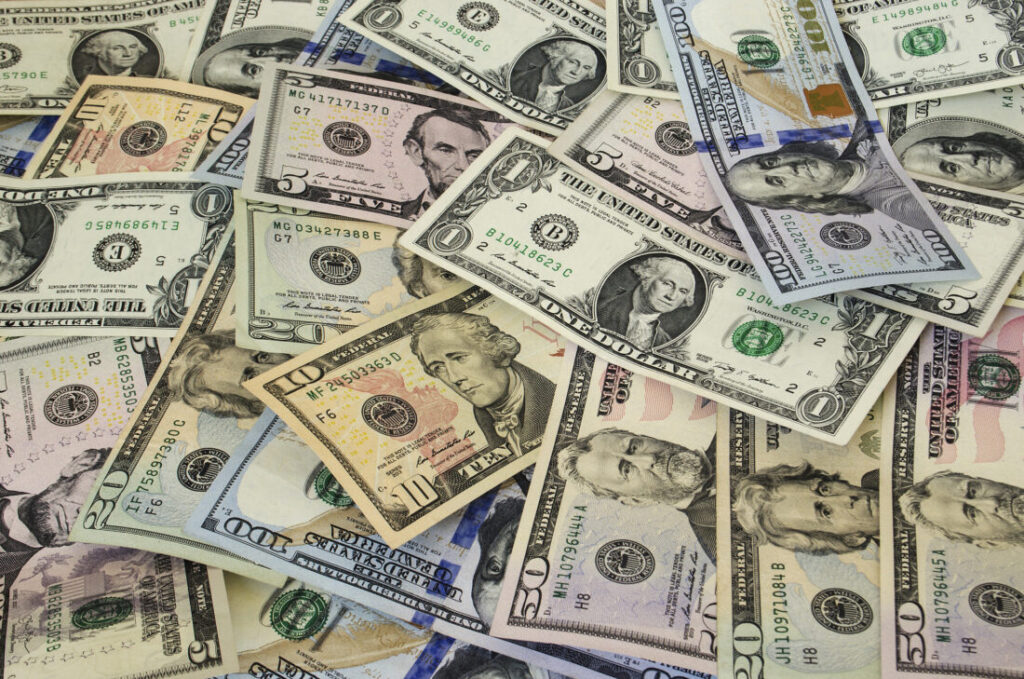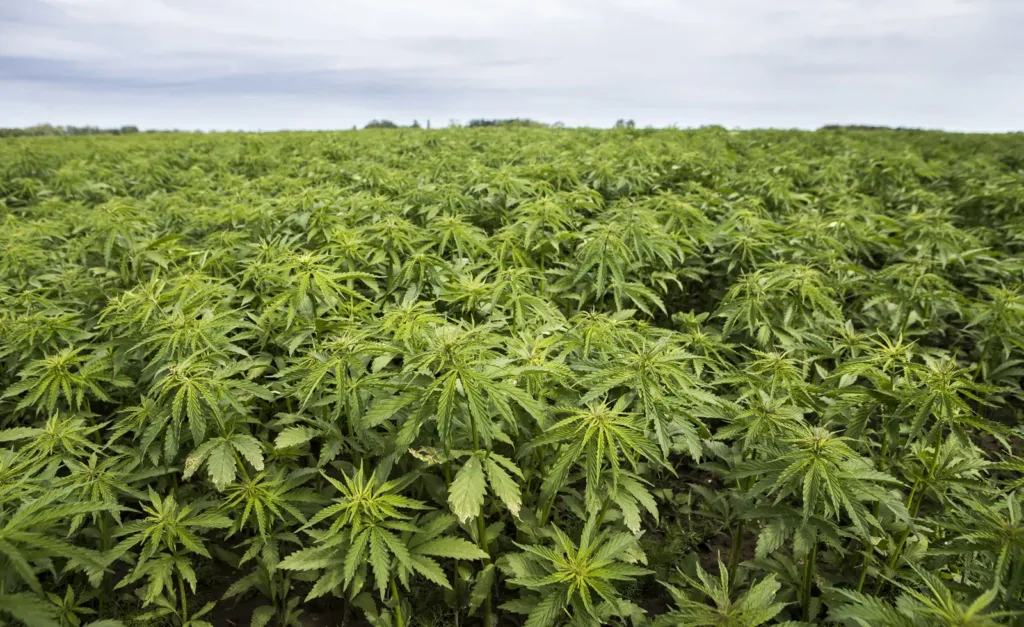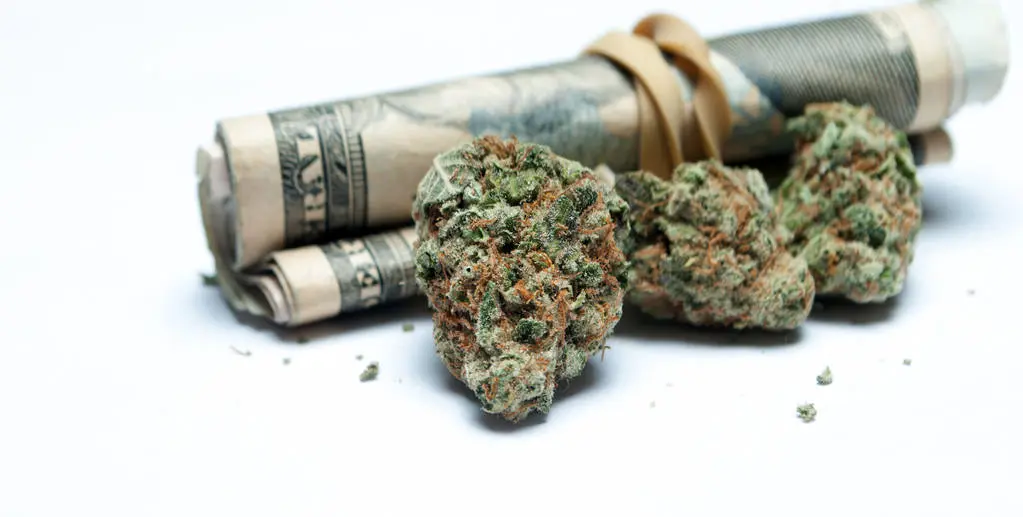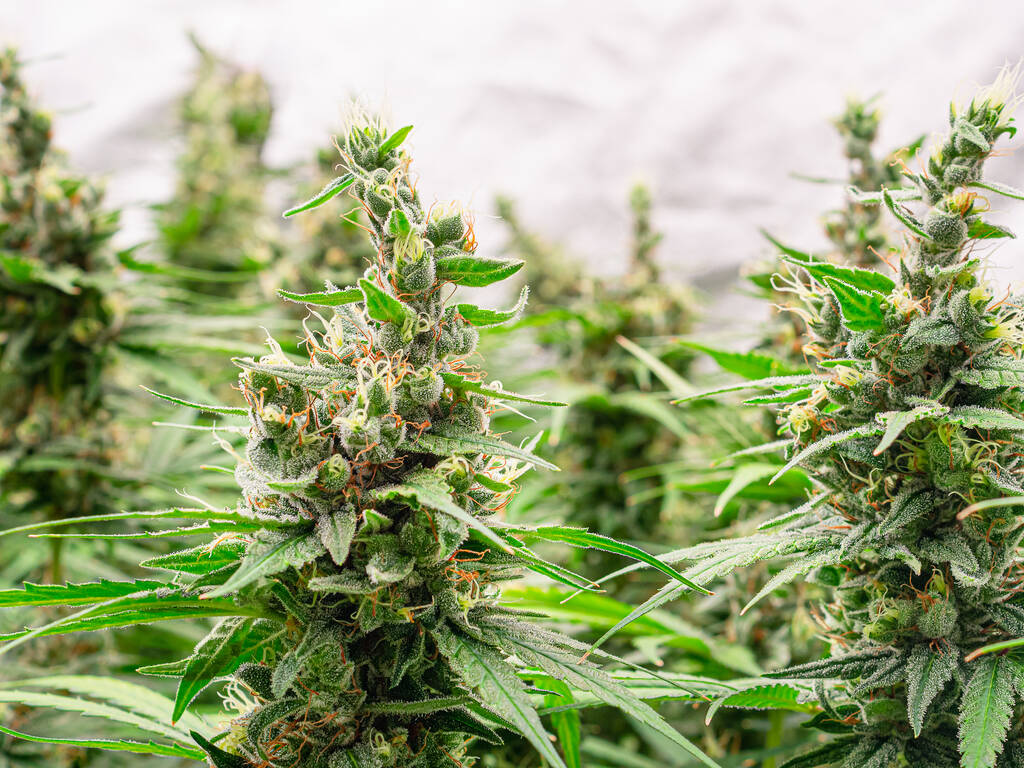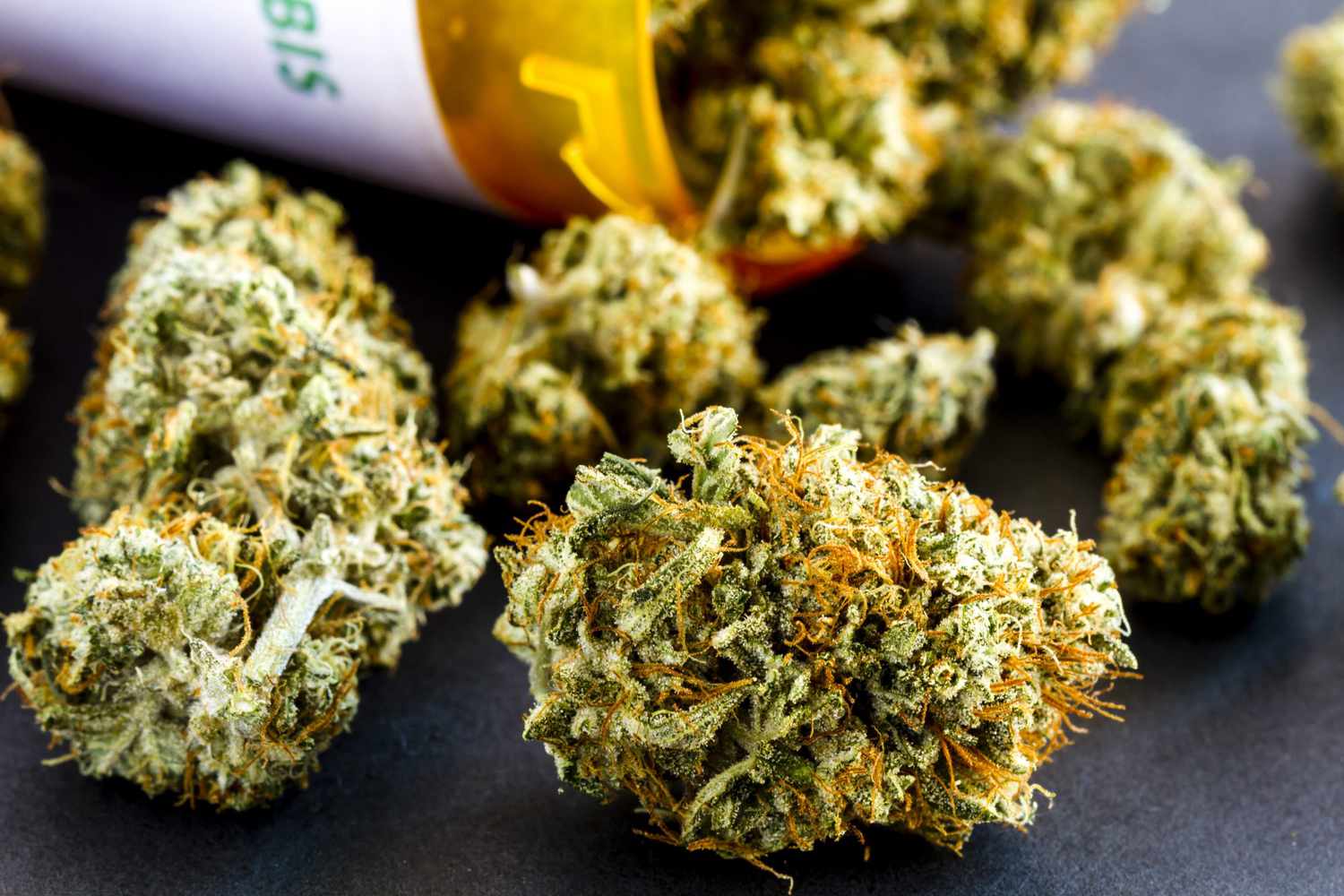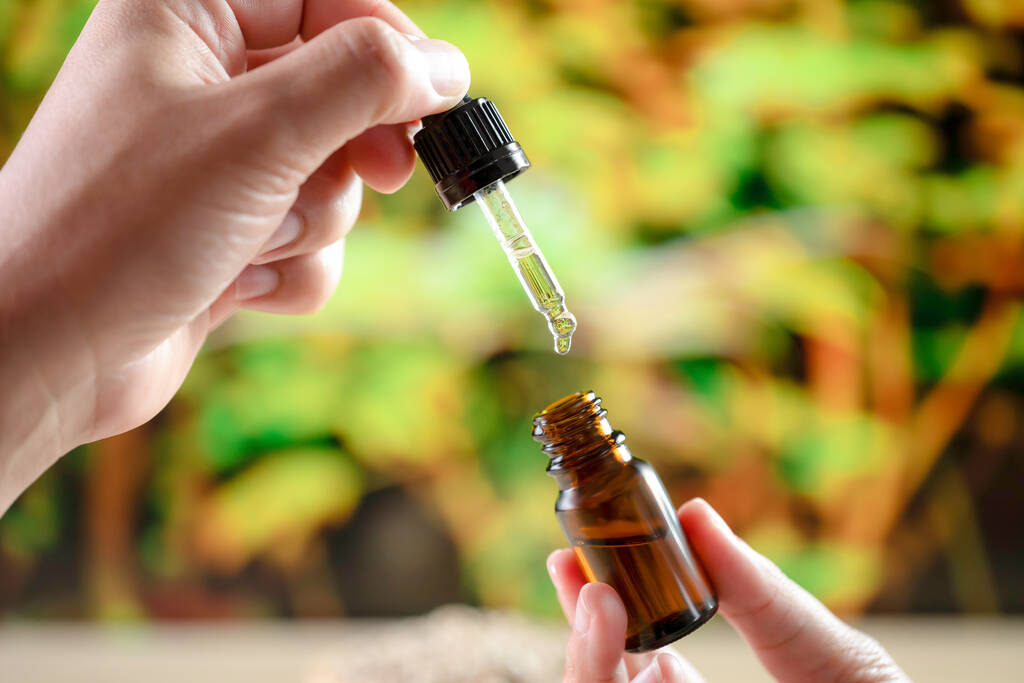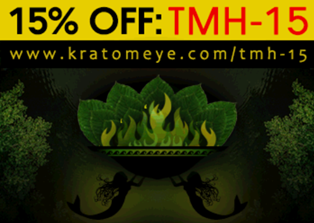Officers in Dallas have raided three licensed distribution warehouses in the Harry Hines district: Monster, Frontline Wholesale, and Cannafy Distribution. All three companies distribute fully federally compliant hemp-derived products, sold nationwide and verified by Certificates of Analysis (COAs) from certified laboratories.
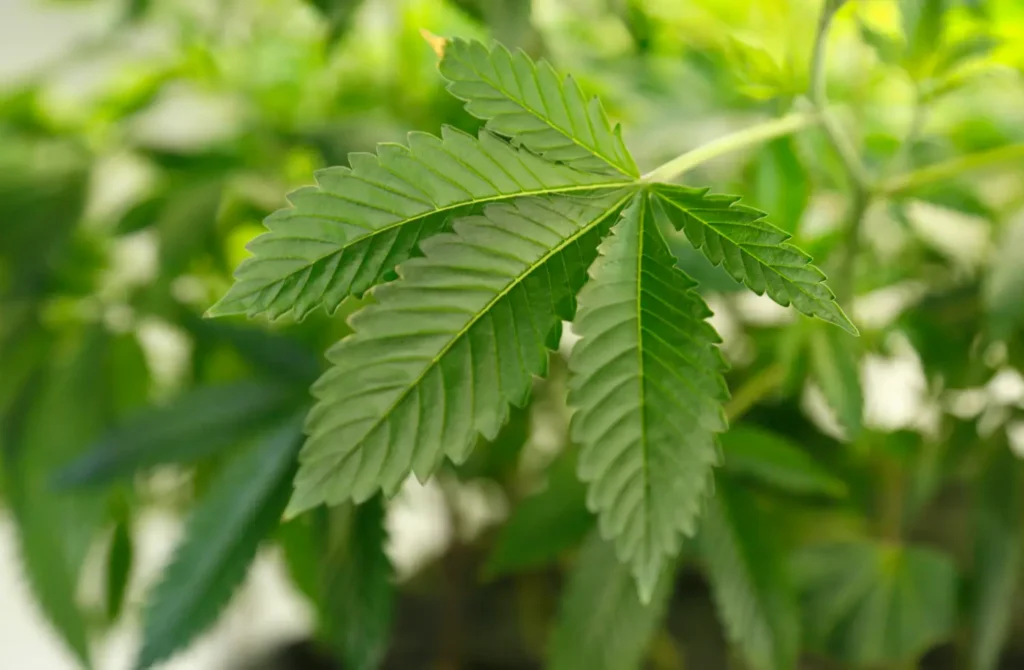
Each product includes a QR code that links directly to its Certificate of Analysis (COA) — a legally binding document, signed by a DEA-registered, ISO-accredited lab director, confirming that the product meets the legal requirement of less than 0.3% delta-9 THC. These tests follow validated scientific methods.
“Monster Distribution has complied with the law in every way”, said David Sergi, attorney for Monster. “They relied in good faith on licensed, accredited labs to verify that the products meet all legal standards. This raid was not based on facts. It was based on political theater. And when law enforcement acts outside its authority to deprive businesses and individuals of their rights and property, it raises serious legal concerns.”
Continue reading

